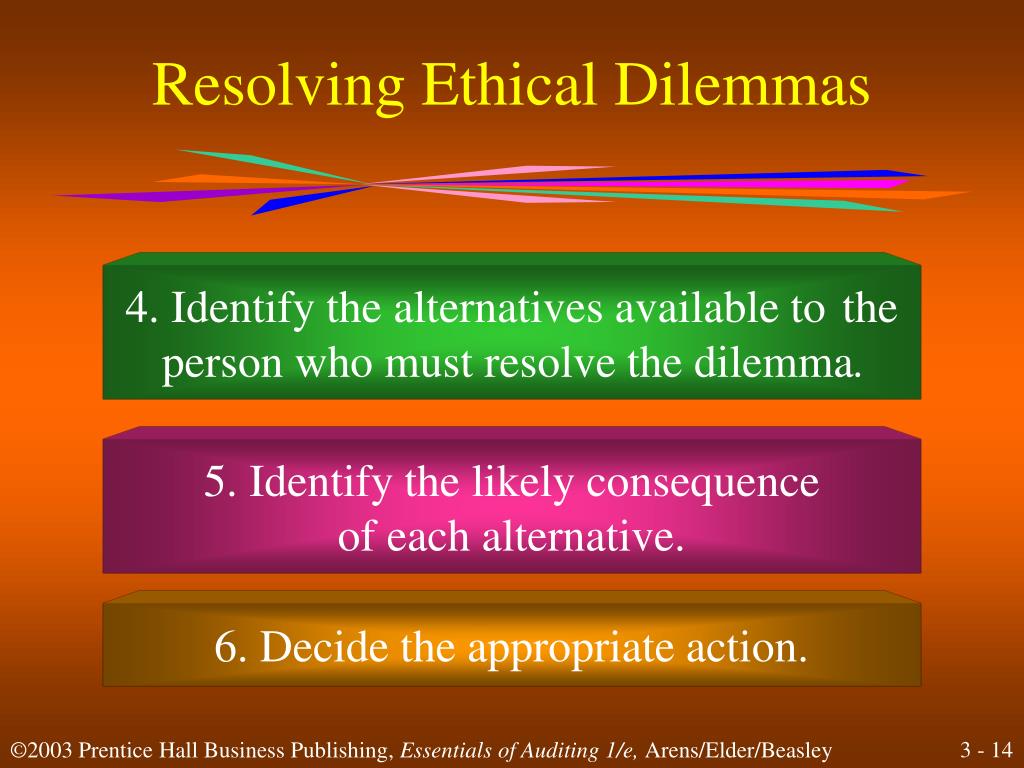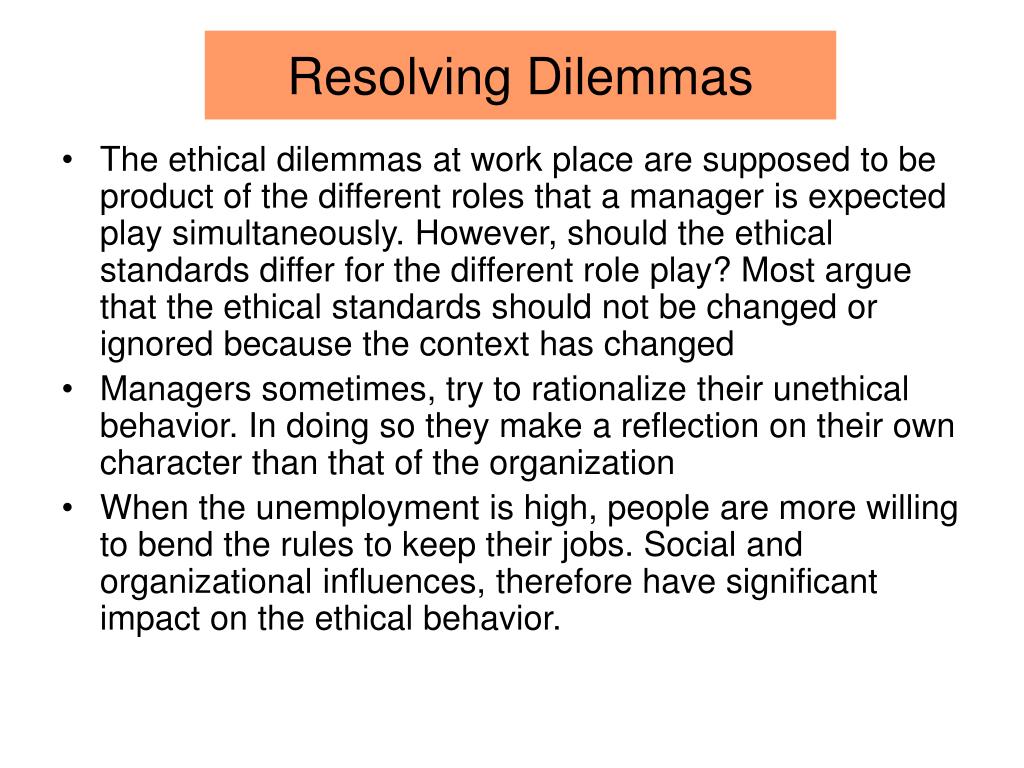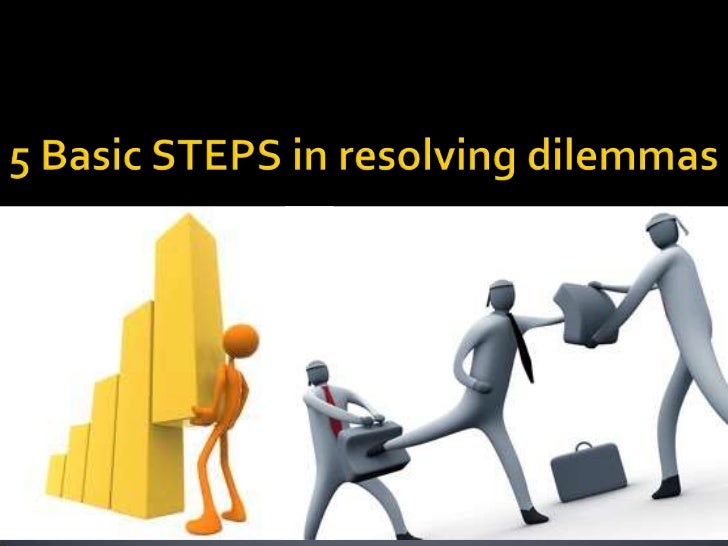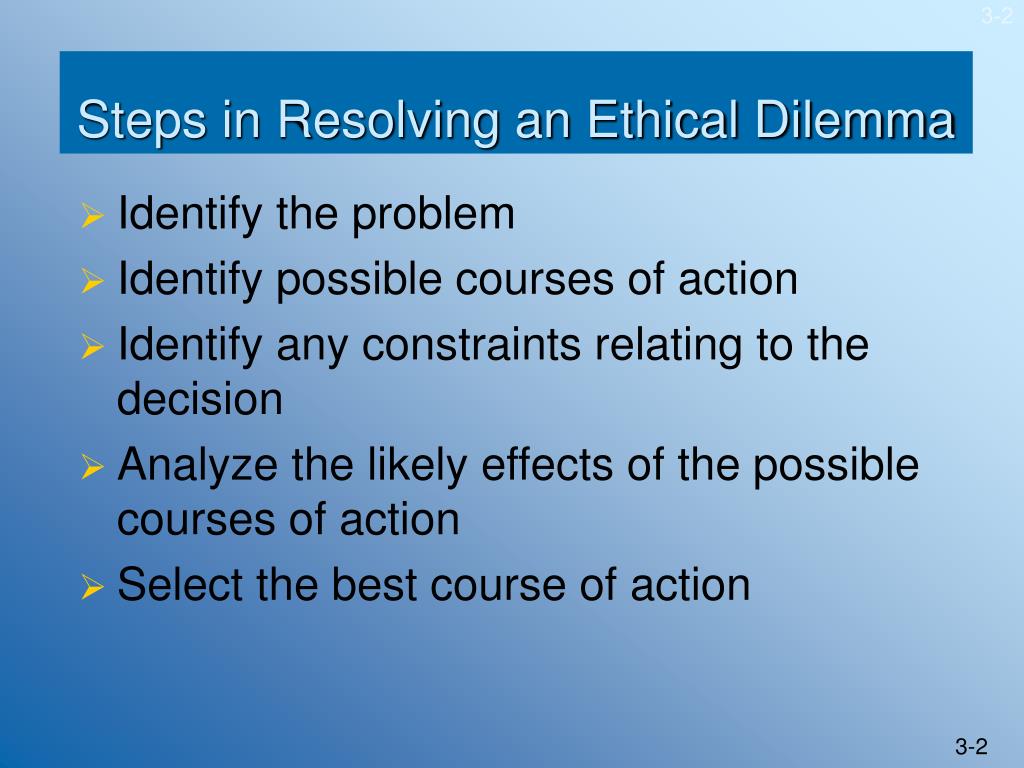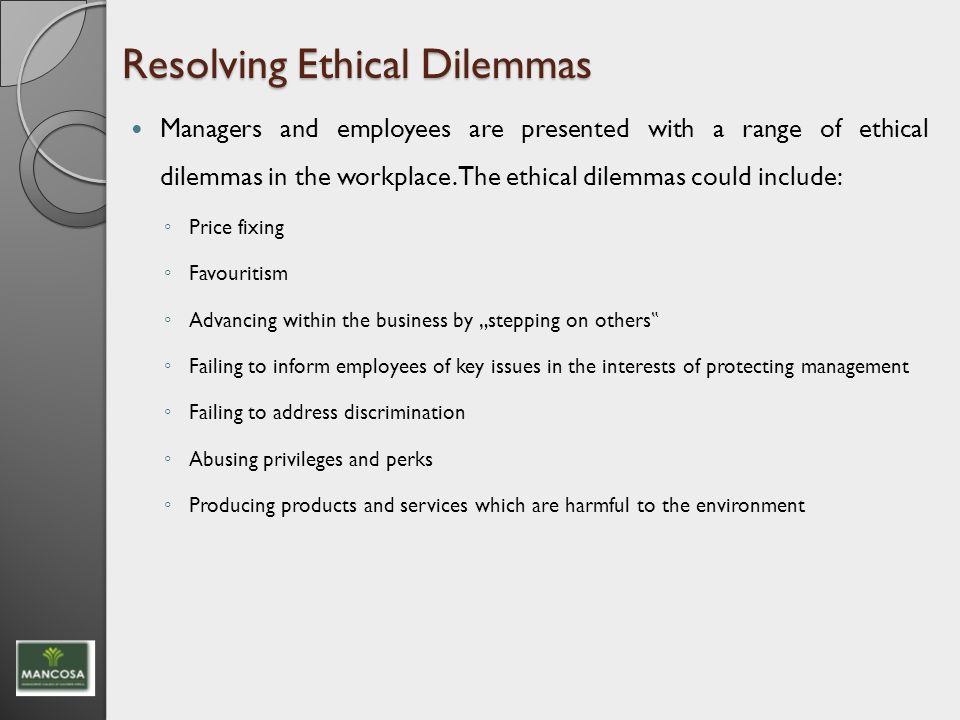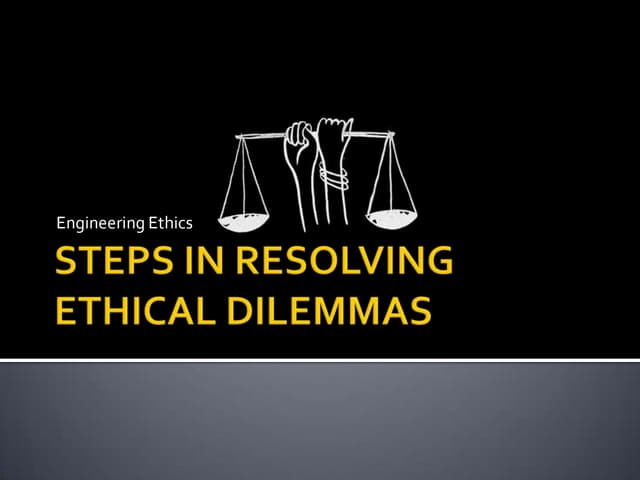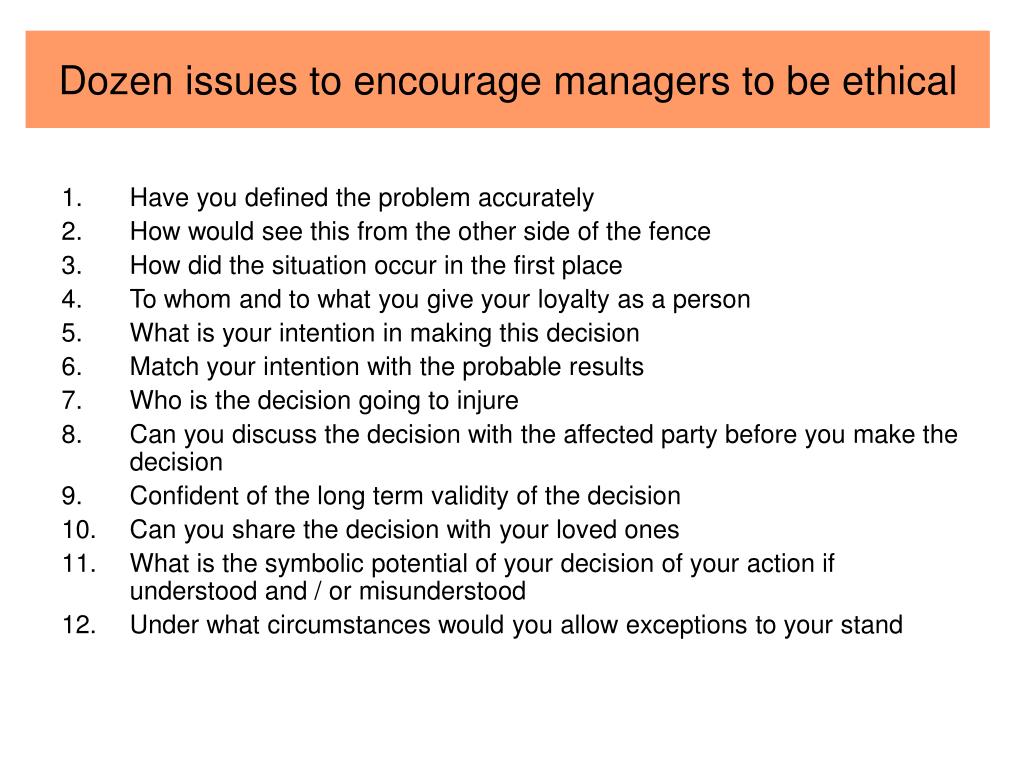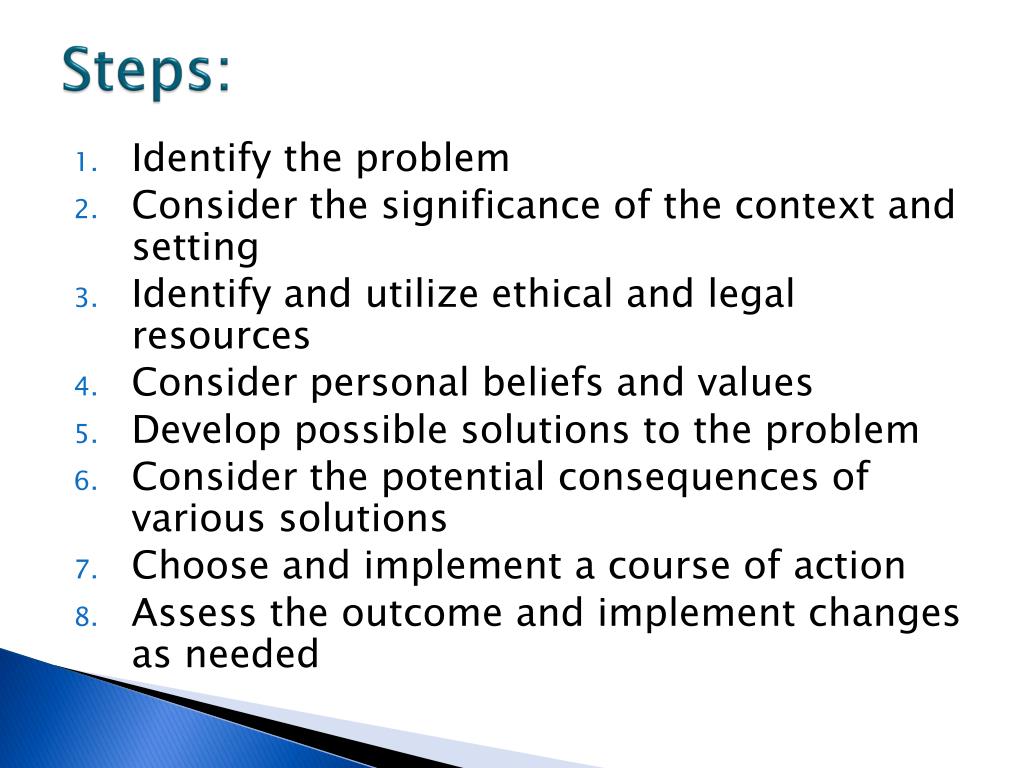Resolving Ethical Dilemmas In The Workplace
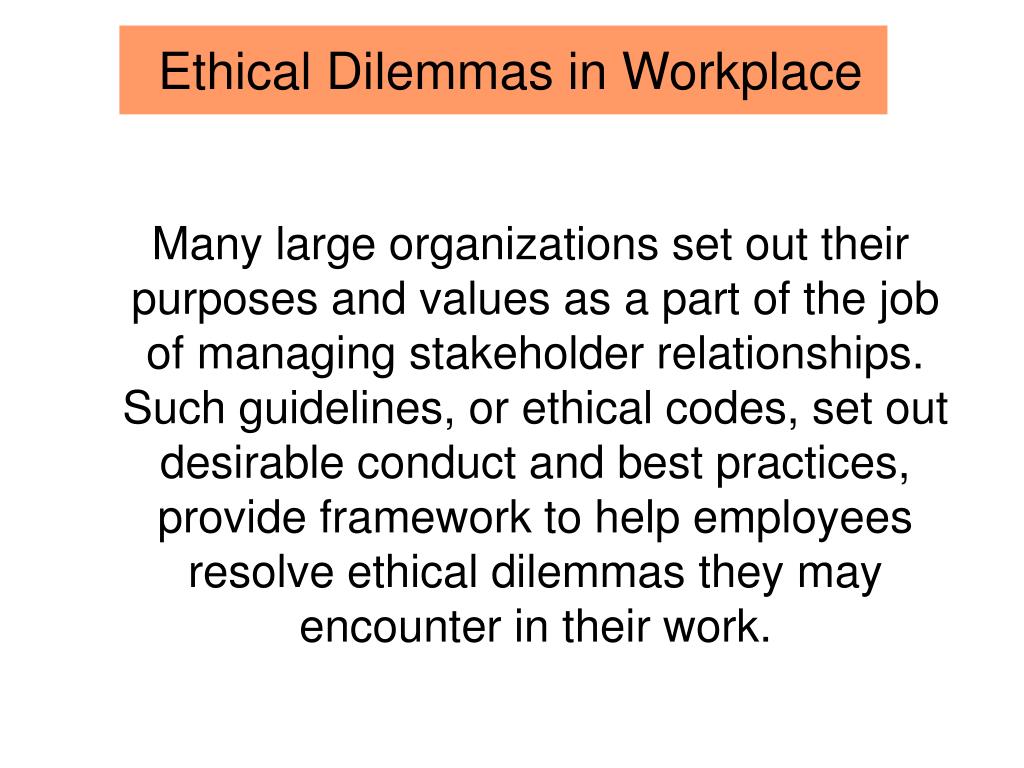
Workplace ethics are under siege, forcing companies to confront complex dilemmas with increasing frequency and severity.
Navigating these ethical minefields requires a proactive and multifaceted approach, safeguarding both employees and the organization's reputation.
The Escalating Crisis
A recent survey by the Ethics & Compliance Initiative (ECI) indicates that employee misconduct reporting is down 10% this year. Yet retaliation against whistleblowers is surging, up 15%, creating a climate of fear and silence.
This trend is fueled by factors ranging from intense pressure to meet targets to a lack of clear ethical guidelines and inconsistent enforcement.
The Sarbanes-Oxley Act aims to protect whistleblowers but is often not enough.
Common Ethical Dilemmas
Ethical dilemmas are rampant and diverse. Conflicts of interest, misuse of company assets, and discriminatory practices are among the most pressing issues.
Data privacy breaches and cybersecurity vulnerabilities also pose a significant threat, demanding robust ethical frameworks for data handling. Bribery and corruption continue to plague global operations, necessitating rigorous compliance programs.
Many of these dilemmas are not easy to identify or resolve.
Strategies for Ethical Resolution
Effective ethical resolution hinges on a multi-pronged approach.
First, organizations must establish a clear and accessible code of ethics. Training programs on ethical decision-making are crucial for equipping employees with the tools to navigate complex situations.
A confidential and easily accessible reporting mechanism, such as a hotline or online portal, must be in place to encourage employees to speak up without fear of retaliation.
The Role of Leadership
Leadership plays a pivotal role in fostering an ethical culture.
Leaders must embody ethical behavior and demonstrate a commitment to upholding ethical standards. Consistent enforcement of ethical policies, without favoritism or exceptions, is crucial for building trust and accountability.
Transparency in decision-making and open communication can foster a culture where employees feel empowered to raise ethical concerns.
Case Studies and Consequences
Consider the case of Enron, where a lack of ethical oversight led to massive fraud and corporate collapse. This underscores the severe consequences of ethical failures.
More recently, Wells Fargo faced widespread criticism for creating a toxic sales culture that incentivized employees to open unauthorized accounts.
These examples highlight the importance of proactively addressing ethical risks to prevent irreparable damage to an organization's reputation and financial stability.
Immediate Actions and Ongoing Developments
Organizations must immediately review and update their ethical codes, ensuring they are relevant and comprehensive. Investing in ethics training and establishing clear reporting channels are essential first steps.
The ECI is launching a new initiative to provide resources and guidance for organizations seeking to strengthen their ethical cultures.
Regular audits and assessments are necessary to identify and address emerging ethical risks. Continuous improvement of ethical programs is essential for navigating the ever-changing landscape of workplace ethics.
